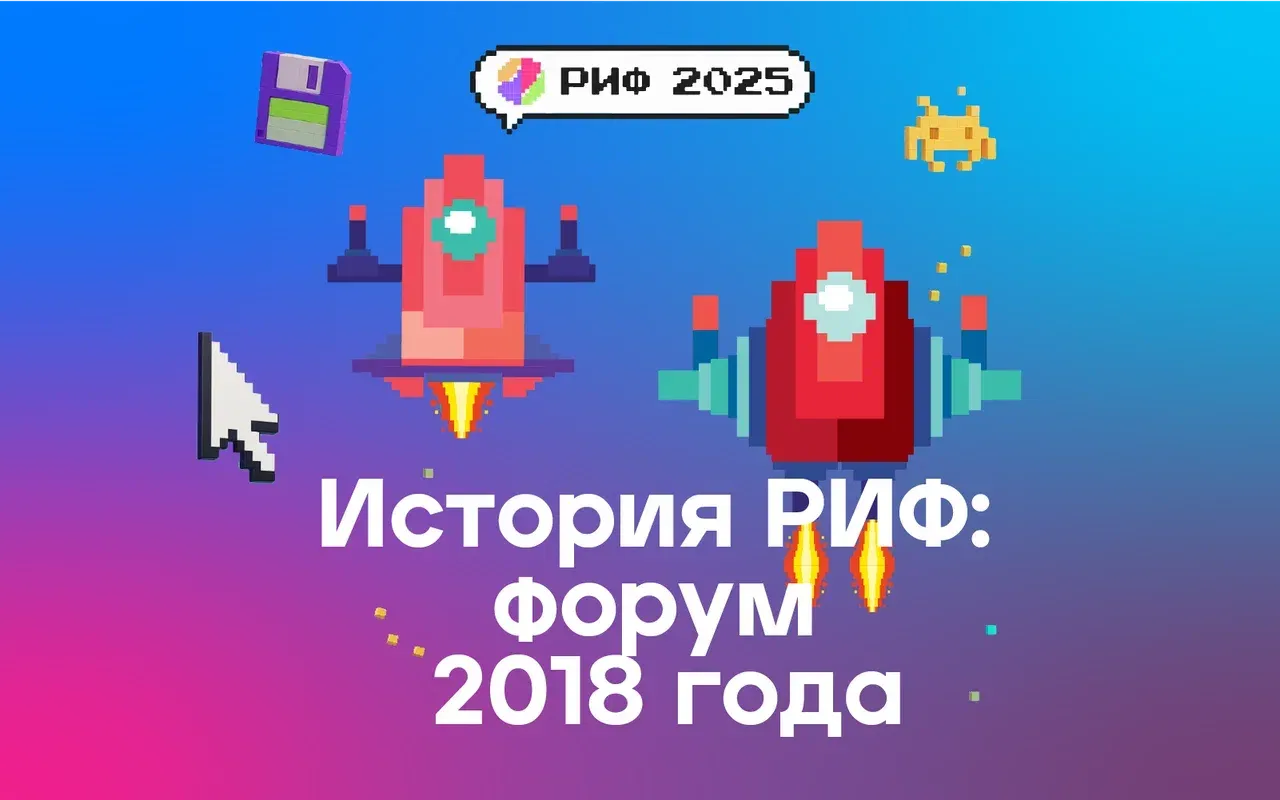RIF 2018: Putting the User First
The Russian Internet Forum (RIF), now in its 22nd year, once again proved why it remains a landmark IT event. Held at the Lesnye Dali resort, the three-day forum attracted over 8,000 participants and featured more than 250 speakers across multiple tracks, often leaving attendees wishing they could be in three halls at once.

A Portrait of Runet’s Digital Economy
RIF 2018 brought together conversations on internet regulation, artificial intelligence, smart cities, healthcare technologies, IP protection, IoT, and e-commerce.
Sergey Plugotarenko, director of RAEC, presented the latest industry metrics, still mapped through Runet’s ecosystem hubs. The numbers are clear: Russia ranks among the world’s top ten digital economies, standing seventh in terms of population engagement.
By 2017, Runet’s audience had reached 90 million people—73 % of the population. Seven out of ten Russians accessed the internet at least once a month, though real figures are likely higher, as children using parents’ devices are not counted. For the first time, mobile internet users outnumbered desktop users, confirming the shift in access patterns.
Educating the User
Leonid Levin, chair of the State Duma Committee on Information Policy, stressed the need for nationwide digital education programs, calling them essential for a stable IT ecosystem. Digital ethics and security, he argued, are now core life skills.
According to ROCIT research, digital literacy among Russian citizens grew by 5.7 % in a year, reaching 5.99 points on a 10-point scale. Yet progress requires not only better technical skills but also stronger critical thinking toward online information.
The forum made one thing clear: the digital economy cannot exist without users at its center. A joint dialogue between society, industry, and government is critical to solving challenges in the user’s interest.
Efforts to raise digital literacy now include school lessons, IT career orientation programs, and educational resources in schools and universities.
IT Education in Demand
Russia will need more than 2 million IT specialists in the next decade. The recently adopted 'Personnel and Education' roadmap of the Digital Economy program projects that by 2024, at least 800,000 graduates of professional education should possess IT competencies.
Online learning is already booming. The e-learning market is expected to more than double within five years. This trend requires expanding digital education programs and supporting more companies focused on literacy initiatives.
The Buduguru conference, highlighted at RIF 2018, served as a career guide for youth—helping them navigate emerging professions and understand which IT skills are poised to change the world.
Stories, Rankings, and Media Impact
The 'IT Newsmaker of the Year' ranking was unveiled at the forum, spotlighting the most resonant stories of 2017. The list considered PR effectiveness—media influence, citation rates, and sentiment.
An unusual media experiment saw editorial teams covering the forum itself compete for most engaging stories. For three days, journalists raced to deliver news at record speed and quality, while the best pieces earned a place on a live voting list.
Beyond the media, companies presented unconventional cases of digitalization—even in unlikely sectors like water utilities and funeral services. Museums demonstrated augmented reality for cultural projects that drew applause for 'making culture digital without embarrassment.'
The fiscal data operator rating was also released, providing businesses with a detailed comparison of providers’ capabilities.
Meanwhile, Runet’s Hotline service reported processing more than 10,000 user complaints about poor-quality online services. In 2018, the hotline was adapted for citizens with disabilities, and its mobile app was upgraded to simplify reporting. Priorities for the first half of 2018 included trust in e-commerce services and consumer protection.
Toward Autonomy
At the opening session, Konstantin Noskov, Russia’s Minister of Digital Development, stressed that the state’s top goal is to foster a favorable climate for digital economy growth. That requires innovation-friendly legislation and solving workforce shortages.
Noskov added that in an era of geopolitical tension, Russia must demonstrate results in digital economy that 'the world cannot ignore.' At the same time, security—of both technologies and citizens—must remain central.
But he also issued a warning: despite progress, early 2018 had already seen conflicts between state regulators and industry players, with warnings and blockages hitting those who overlooked users’ interests.
Why It Matters
RIF 2018 showed that Russia’s digital strategy is shifting: away from abstract infrastructure toward user-centric policies. By emphasizing literacy, education, and security, the forum highlighted that the digital economy’s foundation is not just networks and laws but informed, empowered citizens.
With rising mobile penetration, booming online education, and active state investment, Runet is positioning itself as both a driver of economic growth and a guardian of digital rights. The challenge will be to keep innovation alive while making sure the user—the real cornerstone of the digital economy—remains protected and empowered.

